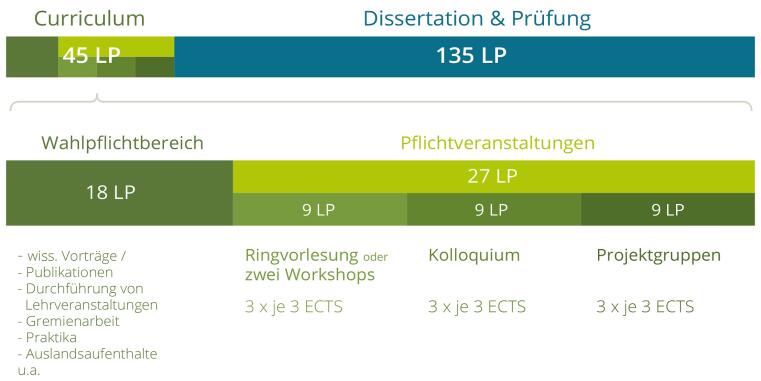Select Workshops
5 December 2024 – Prof. Dr. Vera Nünning & Dr. Corinna Assmann (University of Heidelberg)
17 January 2024 – Prof. Dr. Heike Gfrereis (Literaturarchiv Marbach)
16 June 2023 – Prof. Timothy Bewes (Brown University)
23. May 2023 – Prof. Danielle Fuller (University of Alberta, Canada) und Prof. Dr. Corinna Norrick-Rühl (University of Münster)
16. Mai 2023 – Prof. Dr. Corinna Norrick-Rühl (University of Münster)
9. May 2023 – Prof. Eugenie Brinkema (Massachusetts Institute of Technology)
27. April 2023 – Prof. Jessica Pressman (San Diego State University)
11. January 2023 – Prof. William Watkin (Brunel University)
15. December 2022 – Prof. Irina Dumitrescu (Universität Bonn)
17. November 2022 – Prof. Irina Dumitrescu (Universität Bonn)
16./17. December 2021 – Dr. Joela Jacobs (University of Arizona)
20./21. October 2021 – Dr. Julia Grillmayr (Kunstuniversität Linz)
15. July 2021 – Christoph Dittert
13./14. July 2021 – Prof. Dr. Jörg Kreienbrock (Northwestern University)
22./24./25. June 2020 – Prof. Dr. Peter Fenves (Northwestern University)
17. /19. June 2019 - Prof. Dr. C. Bauer-Funke (Universität Münster) and Prof. Dr. J. Kreienbrock (Northwestern University)
06. June 2019 – Prof. Dr. Theo D’haen (KU Leuven)
03. July 2018 – Dr. Jan Behrs (Northwestern University)
20./21. June 2018 – Dr. Patrick Miller (Northeastern Illinois University) and Paul Spickard (UC Santa Barbara)
5. June 2018 – PD Dr. Christoph Jürgensen (University of Wuppertal)
8./9. February 2017 – Dr. Tomislav Zelic (University Zadar, Croatia)
18./19. January 2017 – Prof. Dr. Lars Koch (TU Dresden)
3./4. November 2016 – Dr. Kristin Dombek, Münster Lectures (Princeton University)
14. July 2016 – Dr. Pál Kelemen (Eövös-Loránd-University Budapest)
9. June 2016 [de] – Prof. Dr. Claudia Benthien (University of Hamburg)
3./4. May 2016 – Prof. Dr. Eckart Goebel (University of Tübingen)
28./29. April 2016 – Prof. Dr. Markus Kuhn (Syddansk University, Denmark)
2./3. February 2016 – Prof. Dr. Dr. h.c. Heinrich Detering (University of Göttingen)
15./16. January 2016 – Prof. Dr. Clemens Ruthner (Trinity College, Ireland)
20./21. August 2015 – Prof. Dr. Jörg Kreienbrock (Northwestern University)
21./22. April 2015 – Prof. Dr. Dr. h.c. mult. Hans Ulrich Gumbrecht (Stanford University)
15./16. January 2015 – Dr. Matthias Thiele (University of Dortmund)
4./5. March 2014 – Dr. Thomas Ernst (University of Essen)
29./30. April 2013 – Prof. Dr. Sabine Wilke (University of Washington)
15./16. January 2013 – Dr. Carrie Smith-Prei (University of Alberta)
21./22. November 2012 – Prof. Dr. Klaus-Michael Bogdal (University of Bielefeld)


